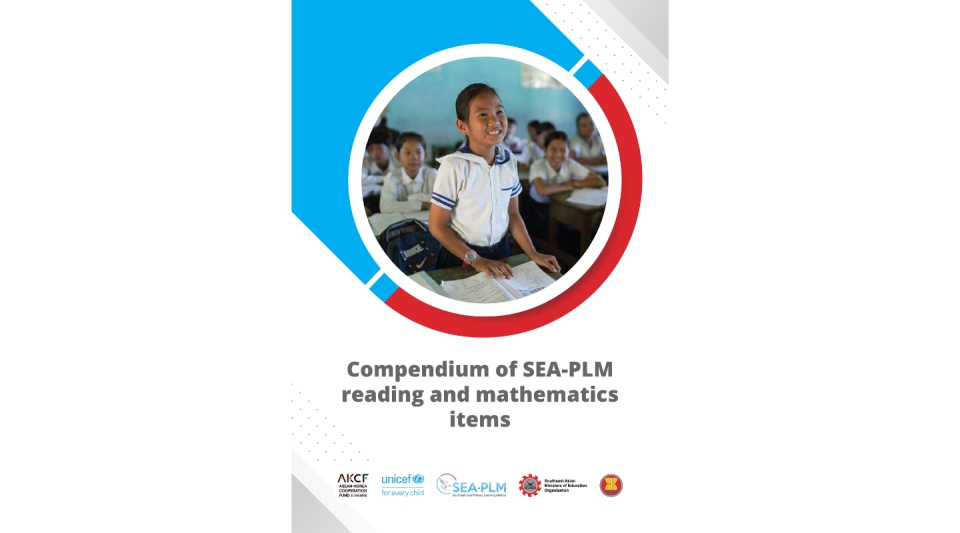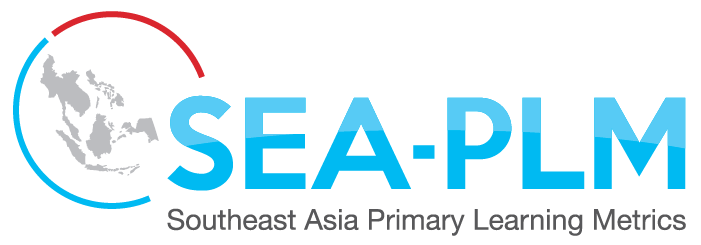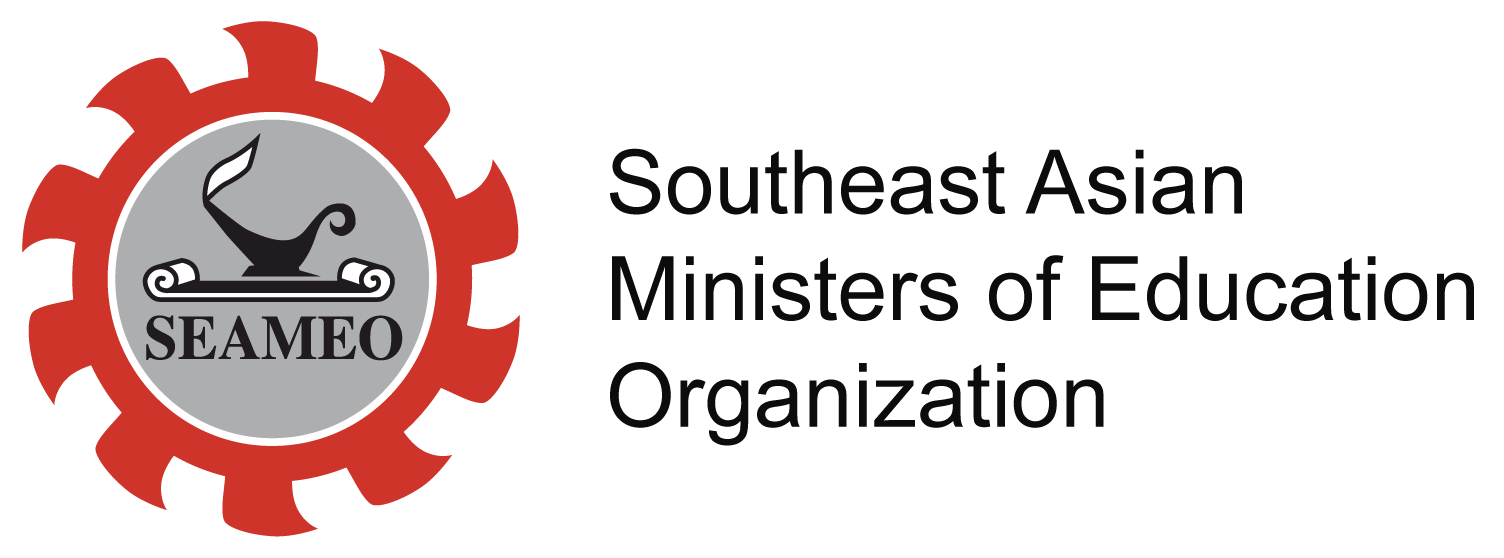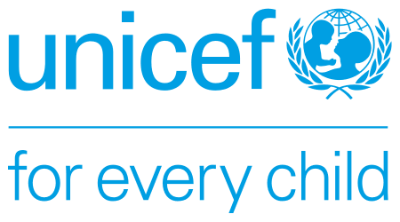The Southeast Asia Primary Learning Metrics (SEA-PLM) programme is pleased to introduce a compendium of public items on reading and mathematics. Culled from the SEA-PLM 2019 cycle, the compendium of items aims to expose curriculum specialists, teachers, and schools to test items developed in the context of international large-scale assessments (ILSA). This publication has been supported by the UK Government through the UK International Development under the ASEAN-UK SAGE programme.
This compendium includes approximately 20% of the items from the original survey, providing a snapshot of the types of questions students were asked.
Why is this important?
 |
 |
The SEA-PLM Compendium of Reading and Mathematics items aids teachers, school leaders, and education stakeholders in facilitating better preparation for lessons and curriculum alignment. Educators can use these items to enhance their teaching methods, offering additional practice opportunities for students in reading and mathematics. The compendium also provides a foundation for designing relevant literacy and numeracy assessments tailored to students’ needs. Furthermore, it allows for reflection on student performance across Southeast Asia, identifying common misconceptions and areas for improvement.
What’s inside the document?
The SEA-PLM compendium offers a clear and structured set of sample items for educators to utilize. Each item is accompanied by detailed explanations of student performance, common errors, and teaching suggestions. This approach empowers educators to understand not only the correct answers but also the reasons behind students’ varying responses and how to effectively address misunderstandings in the classroom.
| Mathematic Item Sample |
|
Height difference This chart shows how tall Dinh and Thao are. The numbers show height in centimeters (cm). How much taller is Dinh than Thao? A. 7 mm B. 9 mm C. 10 mm D. 11 mm |
| Reading Item Sample |
|
Who gave Chai his new car? A. his friend B. his brother C. his mother D. his father
What did Tong suggest that they could do? A. fix Chai’s car B. buy new cars C. build new cars D. play a different game |
What does the compendium tell us about reading and mathematics?
The compendium highlights students’ abilities in locating information, understanding narratives, and interpreting text, demonstrating diverse levels of reading comprehension. Additionally, it showcases a range of mathematical abilities spanning from basic addition and pattern recognition to more complex problem-solving involving percentages and fractions.
In reading, common misconceptions and errors often stem from students’ challenges in locating information accurately and reading between the lines to produce new information. In mathematics, students often make errors due to misconceptions about fundamental operations. For instance, some students struggle with concepts like multiplication and division within word problems.
How can we properly utilise the compendium?
The items and texts in the compendium are officially considered public releases from the secured bank of items and available for utilisation outside the official implementation of the SEA-PLM surveys. However, all rights to the item contents remain reserved. Unauthorised reproduction, distribution, utilisation, or modification of any part of the material, in any form or by any means, without the express permission of SEAMEO Secretariat and UNICEF EAPRO as copyright holders of the SEA-PLM items, is prohibited. The content provided in the material is strictly intended for non-commercial use.
-
Delve into the comprehensive insights and practical teaching strategies offered in the "Compendium of SEA-PLM Reading and Mathematics Items." While the document is currently available only in English, versions translated into other languages will be published next year. For a thorough exploration of the findings, rules, and modalities of utilisation and access to the complete report, please click on the document link below.
https://www.seaplm.org/index.php/sea-plm-2024/frameworks-2024





